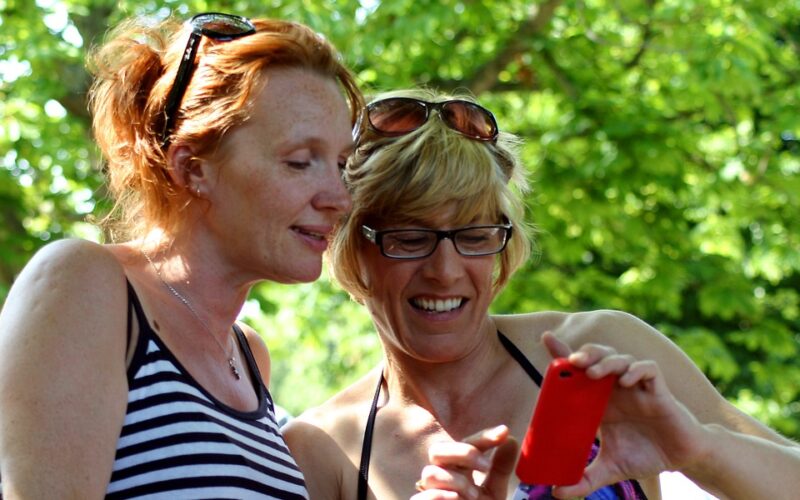Budget Differences When Planning a Wedding
Wedding planning should be one of life's most joyful experiences, but it often becomes a source of stress when couples discover they have vastly different attitudes towards money. From disagreements about the overall budget to heated discussions about whether wedding fireworks are essential or extravagant, financial conflicts can strain even the strongest relationships. Understanding these differences early and addressing them constructively is crucial for both your wedding day and your future marriage.
Recognise your financial personalities
Before diving into wedding planning, take time to understand each other's money mindsets. One partner might be naturally frugal, viewing every expense through a practical lens, whilst the other could be more spontaneous with spending, prioritising experiences over savings. These differences aren't inherently good or bad – they're simply different approaches to money management. For instance, if one person sees wedding firework displays as a magical once-in-a-lifetime experience whilst the other views them as an unnecessary expense, neither perspective is wrong. The key lies in understanding why you each feel this way about money and finding middle ground.
Create a transparent budget together
Establishing a clear, honest budget is fundamental to successful wedding planning. Sit down together and discuss your total available funds, including savings, family contributions, and any loans you're willing to consider. Be completely transparent about your financial situation – hidden debts or secret savings accounts will only cause problems later. Once you've established your total budget, allocate specific amounts to different categories such as venue, catering, photography, and entertainment. This approach helps prevent arguments about individual expenses because you've already agreed on the framework.
Prioritise what matters most to each of you
Every couple has different priorities when planning a wedding. Create separate lists of your must-haves, nice-to-haves, and don't-cares. You might discover that stunning photography is essential to one partner whilst the other dreams of spectacular wedding fireworks to end the celebration. By understanding each other's priorities, you can allocate your budget accordingly and make informed compromises. If wedding firework displays are important to one of you but seem expensive to the other, explore different options – perhaps a smaller display or combining it with another celebration element.
Establish spending rules and decision-making processes
Create clear guidelines about financial decisions during the planning process. Decide on a threshold amount that requires both partners' approval – perhaps any single expense over £200 needs joint agreement. This prevents one person from making significant financial commitments without consulting the other. Also, establish who handles which aspects of the budget. One partner might manage vendor communications whilst the other tracks expenses and payments. Regular budget meetings help ensure you're both informed about spending and can address concerns before they become major issues.
Find creative solutions and compromises
When you disagree about specific expenses, look for creative alternatives rather than simply saying yes or no. If one partner wants elaborate decorations whilst the other prefers simplicity, consider DIY options or seasonal flowers that provide impact without breaking the budget. For entertainment decisions like wedding fireworks, research different packages and timing options. Sometimes a brief firework display during photographs costs significantly less than a grand finale show, providing the desired effect whilst respecting budget concerns.
Seek support when needed
Don't hesitate to seek help if money discussions become consistently contentious. Many couples benefit from financial counselling or wedding planning mediation. Sometimes, having a neutral third party facilitate conversations helps couples communicate more effectively about money. Additionally, consider involving trusted family members or friends who've successfully navigated similar challenges. Their perspectives and experiences can provide valuable insights and practical solutions.
Planning a wedding whilst managing different money attitudes requires patience, communication, and mutual respect. By acknowledging your differences, creating transparent systems, and working together towards shared goals, you'll not only plan a beautiful wedding but also establish healthy financial communication patterns for your marriage. Remember, the goal isn't to change each other's fundamental relationship with money, but to find ways to honour both perspectives whilst creating the celebration you both want.











